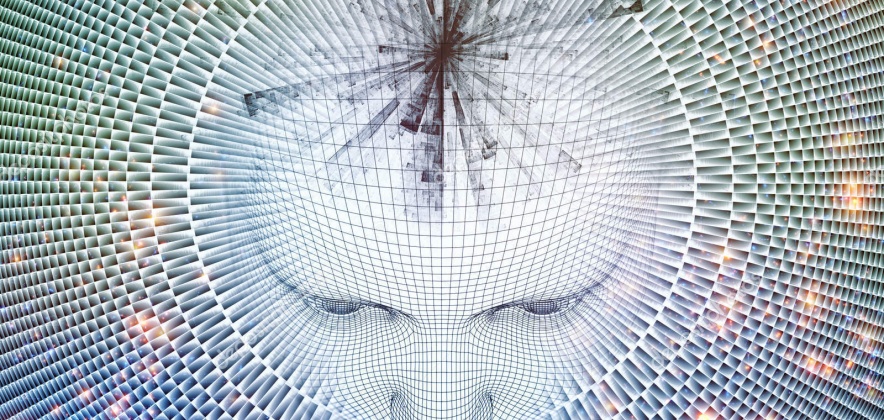
Abstract
Modern society, or as in J.-F. Lyotard’s (1979) words, postmodern society, is always more frequently identified as a vessel containing the conditions of human distress which derive from “destructive emotions”; these emotions change the surrounding environment such that they are eventually out of control and can become a guiding element in our existence. Anger, desire and illusion destabilise the regular activity of the brain and, as a result, that of eveyday life. Thus anger, desire and illusion represent the three types of “vemon” that infect today’s society and human behaviour, such that one can confirm that they represent true destructive activities. It is therefore not a coincidence that, as from the beginning of the current century and thanks to the contribiution of the Dalai Lama and Daniel Goleman (2004), the concept and importance of emotional intelligence, has been gradually taking shape. Today emotional education is a frequent theme, together with the culture of feelings and of moral development, as an element of vicennial contrast to what seem to be real “toxins” of human society. This problem is not an insignificant one and involves educational instituitions and agencies at all levels, embracing all the phases of life, particularly childhood and adolescence.
 Classified "A" by ANVUR in the fields 11/D1, 11/D2 Scientific in the field 14.
Classified "A" by ANVUR in the fields 11/D1, 11/D2 Scientific in the field 14.





